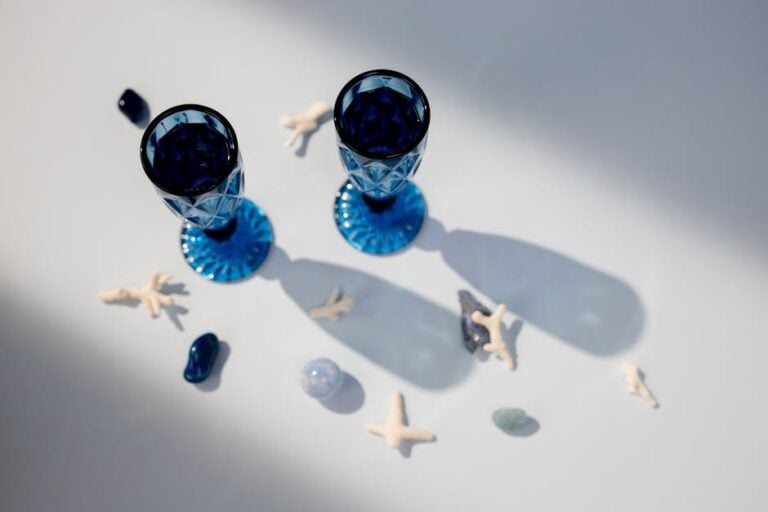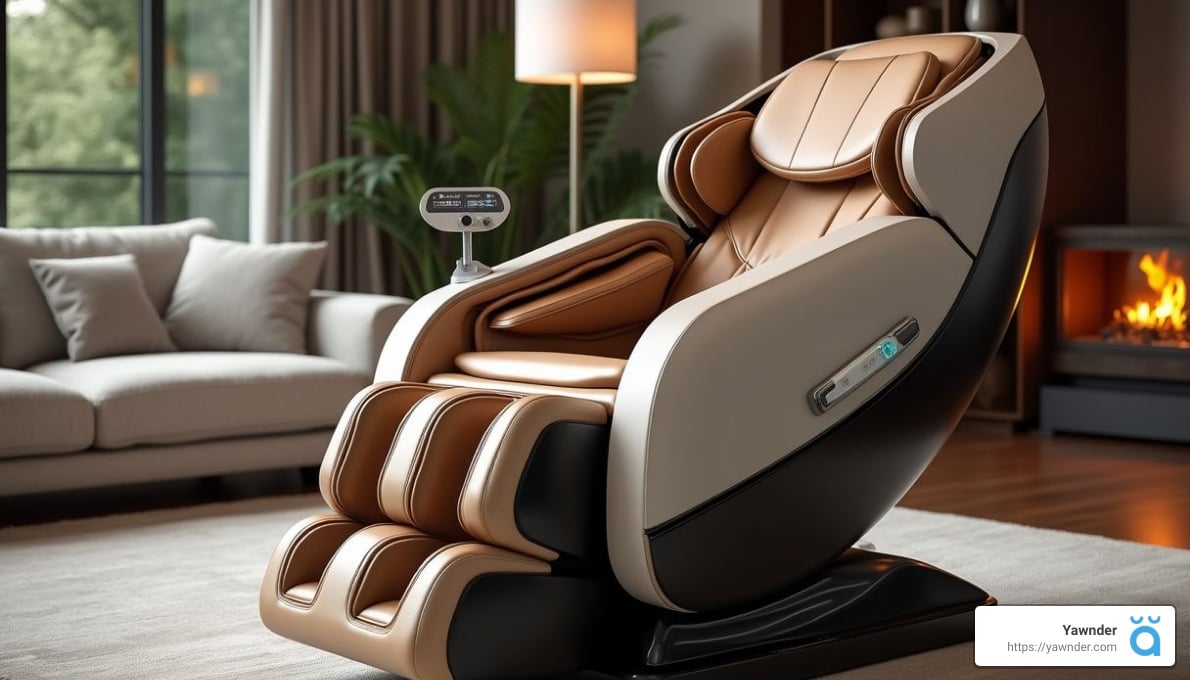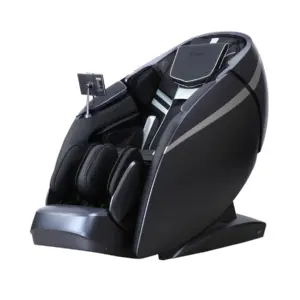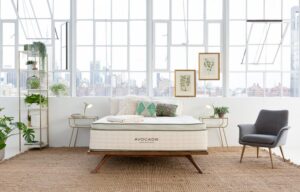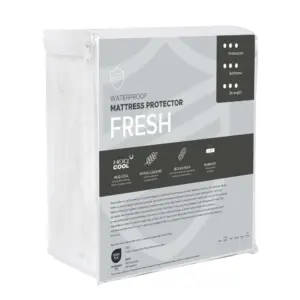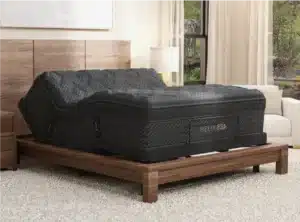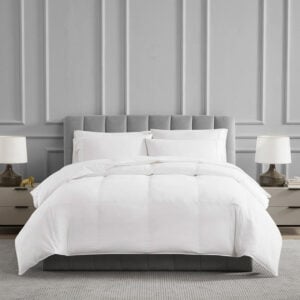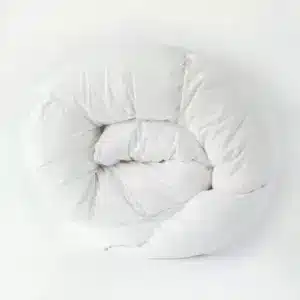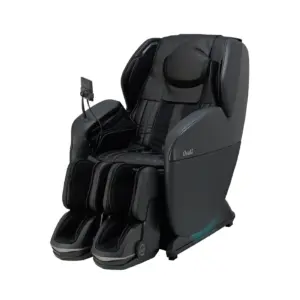The Ultimate Guide to Finding the Best Blue Light Blocking Glasses
Understanding the Impact of Blue Light on Your Eyes and Sleep
In our modern world, screens dominate our daily lives, whether for work, study, or leisure. Given this trend, finding the best blue light blocking glasses has become increasingly essential. Blue light emitted from digital devices can lead to eye strain and disrupt your sleep patterns, creating discomfort you might not easily connect to screen usage. This comprehensive guide aims to illuminate the importance of blue light blocking glasses and how they can enhance your well-being.
What Are Blue Light Blocking Glasses?
Blue light blocking glasses are specially designed to filter out harmful high-energy visible (HEV) blue light, which is primarily emitted by digital screens like computers, smartphones, and tablets. While blue light isn’t violently harmful, excessive exposure can contribute to digital eye strain, headaches, and sleep disturbances.
Blue Light and HEV Light
Blue light consists of short wavelengths that yield higher energy, impacting your body’s natural rhythms. Specifically, HEV light can hinder melatonin production — the vital hormone responsible for regulating sleep. Prolonged exposure to blue light, especially in the evening, may lead to difficulties in falling asleep, leaving you groggy the next day.
Eye Protection and Lens Technology
Blue light blocking glasses incorporate specialized lenses designed to create a barrier against a portion of blue light. These glasses may alleviate digital eye strain and consequently improve sleep quality by filtering harmful rays. Here are some essential features:
– Blue Light Filter: Integrated into the lens material or applied as a coating, this filter reduces blue light exposure.
– Anti-Reflective Coating: This minimizes glare from screens, providing a more comfortable viewing experience.
– Scratch Resistance: High-quality lenses made from durable materials ensure longevity and resilience against everyday wear.
The Real-World Benefits of Blue Light Blocking Glasses
While some experts question the efficacy of blue light blocking glasses, a growing body of anecdotal evidence suggests users experience notable improvements. For instance, several users in online forums have shared that these glasses drastically reduced their sensitivity to light, alleviated eye strain, and improved their focus during long work hours.
Do Blue Light Blocking Glasses Really Work?
Eye Strain
Many individuals turn to blue light blocking glasses chiefly to combat eye strain, which encapsulates symptoms like blurry vision and headaches. However, it’s pivotal to recognize that blue light itself isn’t usually the core issue. According to the American Academy of Ophthalmology, digital eye strain primarily stems from prolonged screen time, insufficient blinking, and poor lighting conditions. Thus, taking regular breaks and adjusting your screen settings might yield better results than relying solely on these glasses.
Placebo Effect
Some users report feeling less fatigued and more comfortable while wearing blue light blocking glasses. This perception could reflect a placebo effect, as a comprehensive review of studies indicated no considerable difference in eye strain relief between regular and blue light blocking lenses. Nevertheless, if wearing them improves your experience, there’s no downside.
Choosing the Best Blue Light Blocking Glasses
When selecting your ideal pair, consider several crucial factors to ensure you find the best blue light blocking glasses that meet your particular needs:
Lens Types
– Blue Light Filter: Look for glasses with a filter that proficiently reduces blue light exposure. Some may have a yellow or orange tint, while others remain clear.
– Anti-Reflective Coating: This feature reduces glare, making long screen sessions more comfortable.
– Scratch Resistance: Opt for glasses with anti-scratch coatings for durability—especially if you frequently toss them in bags.
Frame Styles
– Material: Frame options vary, with acetate providing both durability and style. Metal frames are often lightweight and sleek.
– Shape and Size: Select frames that complement your face shape—angular frames work well for round faces, whereas round or oval frames can soften angular features.
– Comfort and Fit: Look for adjustable nose pads and flexible hinges to ensure comfort during extended wear.
Prescription vs. Non-Prescription Glasses
– Prescription Glasses: If you already wear glasses, you can opt for blue light blocking lenses that incorporate your prescription.
– Non-Prescription Glasses: Ideal for those without a vision correction need, these options are usually more affordable.
Budget Considerations
Finding the right pair doesn’t have to break the bank:
– Affordable Options: Brands like Zenni offer budget-friendly choices that uphold quality.
– Mid-Range Options: Warby Parker and Felix Gray balance cost with style and functionality, often providing home try-on services.
– Premium Options: If you’re willing to invest more, brands such as DIFF and Oakley combine high-quality materials with advanced technologies.
Final Thoughts
Choosing the best blue light blocking glasses requires an assessment of your unique needs and lifestyle. Whether you prioritize budget, style, or comfort, numerous options are available to suit your preferences.
Frequently Asked Questions about Blue Light Blocking Glasses
Do doctors recommend blue light glasses?
Opinions among health professionals vary. The American Academy of Ophthalmology suggests that discomfort from extended screen time likely results from eye strain rather than blue light itself. However, many optometrists advocate for blue light blocking glasses, particularly in the evening, to improve sleep quality.
Are all blue light blocking glasses equal?
Not at all. Pay attention to lens clarity, tint types, and the specified range of blue light each pair blocks. High-quality lenses won’t distort colors and will accurately reflect their protective capabilities.
Can these glasses improve sleep?
Potentially, yes. They may help maintain your circadian rhythm when worn in the evening, providing a better transition into sleep. Studies indicate that redounding excessive blue light exposure can improve sleep onset.
In conclusion, while the efficacy of blue light blocking glasses can vary from person to person, they may serve as a beneficial tool in your overall wellness strategy. By combining them with other healthy habits, such as minimizing screen time before bed, you can significantly enhance your sleep quality.


